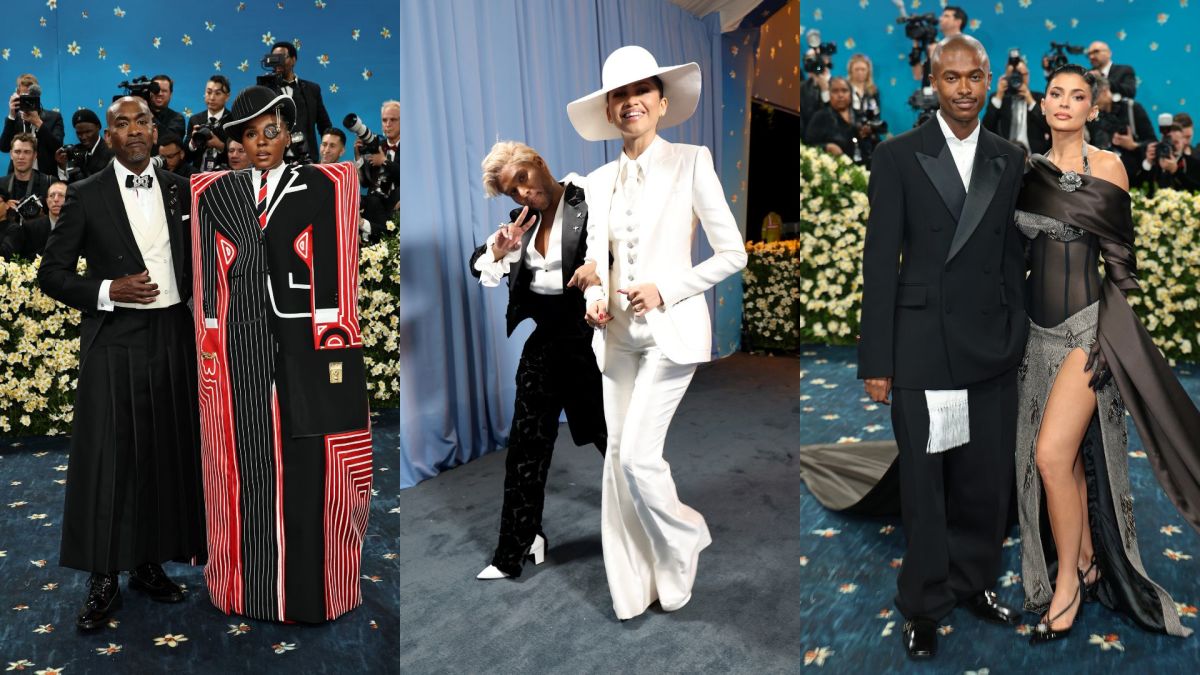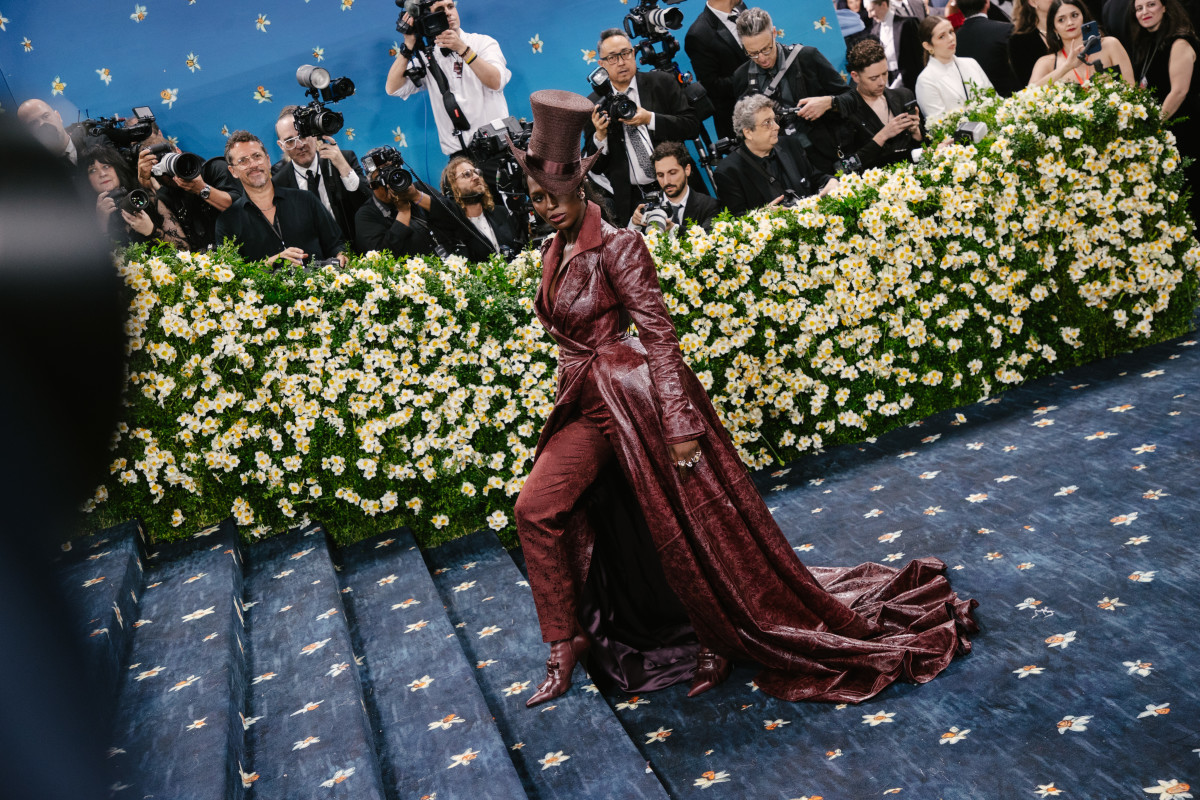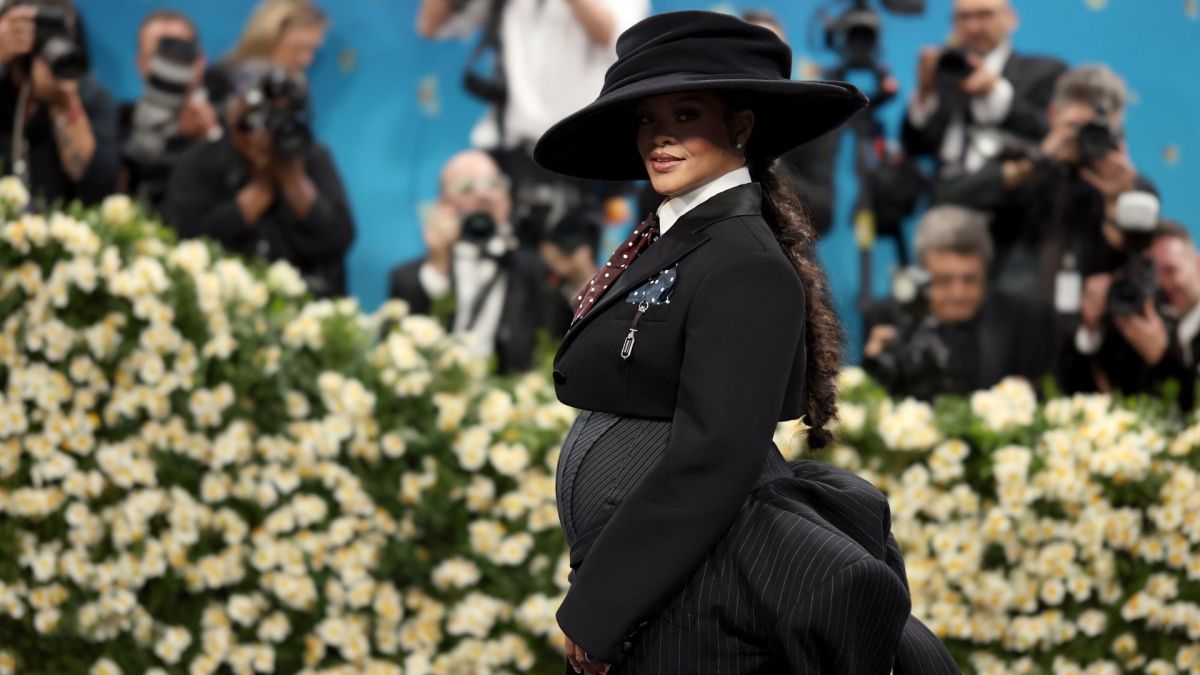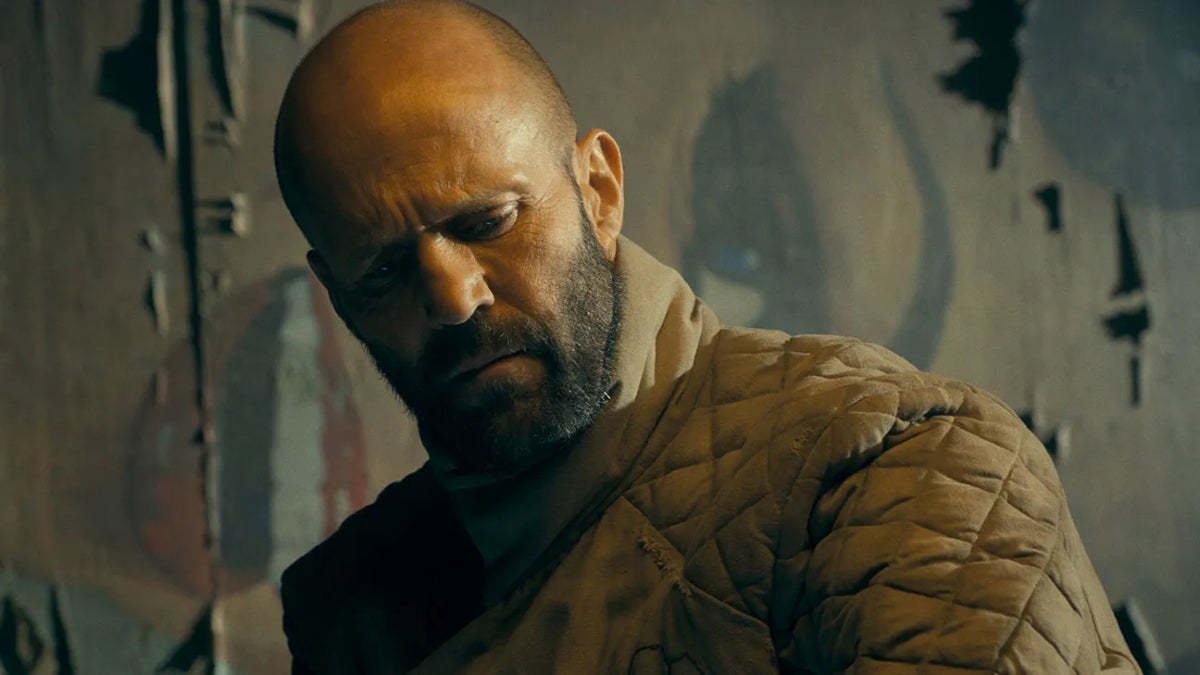Jon Voight Releases 5-Page ‘Make Hollywood Great Again’ Proposal Sent to Trump
The plan suggests a carrot-and-stick approach, mixing tax incentives, tariffs and co-production treaties to encourage U.S. film production The post Jon Voight Releases 5-Page ‘Make Hollywood Great Again’ Proposal Sent to Trump appeared first on TheWrap.
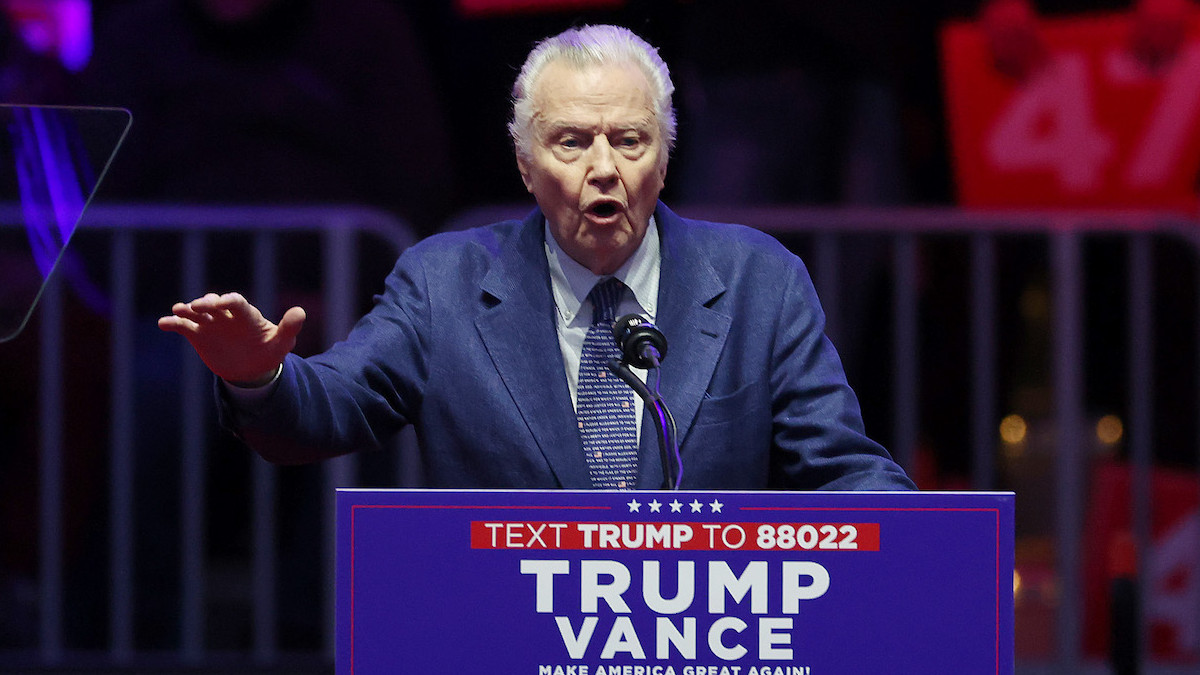
Jon Voight released his five-page “Make Hollywood Great Again” proposal sent to President Donald Trump on Tuesday. The actor-ambassador and president met about the plan, designed to reverse the ongoing exodus of film and television production from the United States to other countries, over the weekend.
The proposal, which was first published by Deadline, outlines a carrot-and-stick approach to production incentives, starting with a 10% baseline federal tax credit for all productions shooting in the United States on top of any state tax credits that productions qualify for. Productions that shoot in states with no additional incentives will receive a 20% base rate, with an additional 5-10% for productions that shoot in “certain economically depressed ‘enterprise zones'”.
On the other hand, the proposal suggests that if a production “could have been produced in the U.S., but the producer elects to produce in a foreign country and receives a production tax incentive therefore, a tariff will be placed on that production equal to 120% of the value of the foreign incentive received.”
The tariff portion of this proposal is somewhat similar to the one floated by Trump on Truth Social on Sunday, calling for “a 100% Tariff on any and all Movies coming into our Country that are produced in Foreign Lands.”
In the proposal, Voight and his team write that the proposed tariffs are “not meant as a penalty, but are a necessary step to ‘level the playing field’ while not creating a never-ending-cycle of chasing the highest incentive.” The proposal also calls on applying productions to meet a minimum requirement for an “American cultural test,” similar to the one required for British film productions to qualify for tax incentives exclusive to UK projects.
Voight and his team also suggest certain exemptions from tariffs for films “significantly produced in the U.S. but require work in foreign countries” via production treaties that would allow producers to take advantage of tax incentives for applicable spending in each country.
Perhaps the proposal from Voight that would get the most pushback from Netflix and other streamers is the one to restore the Financial Interest and Syndication Rule, which prohibited networks from owning the shows that they aired from 1970 to 1993. Voight proposes new rules that would combat “draconian licensing terms,” including requiring streamers to pay producers a premium “equal to the percentage of the total cost of production,” with that percentage ranging from 25-40% depending on the length of the streamer’s exclusivity deal to stream the project.
Voight, who was named a “special ambassador to Hollywood” by Trump shortly after his return to the White House, has been meeting with unions and industry stakeholders alongside his producing partner, Steven Paul, prior to his visit to Trump this past weekend.
But Trump has said nothing about Voight’s proposal beyond the tariffs, which have become the core of his economic policy and have created global financial and trade instability, most notably from the White House’s 145% tariff on most Chinese goods that has started a trade war between the two countries. The tariffs are starting to have a heavy impact on goods this week, with officials at the Port of Los Angeles reporting a 35% drop in imported cargo compared to last year, according to CNN.
Trump’s tariff-only suggestion for Hollywood’s production woes rattled entertainment company stocks when markets opened on Monday, with Warner Bros. Discovery opening 4.4% down from its Friday close before reducing that drop to 2% by market close. Other companies like Netflix, Imax and Cinemark took similar hits.
After Trump’s social media post, a White House spokesperson said on Monday that “Although no final decisions on foreign film tariffs have been made, the administration is exploring all options to deliver on President Trump’s directive to safeguard our country’s national and economic security while Making Hollywood Great Again.”
While the Motion Picture Association and its member studios chose not to comment in response to Trump’s film tariff plans, several California politicians, including Gov. Gavin Newsom, Sen. Adam Schiff, and Burbank Congresswoman Laura Friedman, called on Washington to support a federal tax incentive.
Newsom, who has sparred with Trump on various other issues and is currently supporting a dramatic increase and expansion to California’s tax incentive program, went as far as to call on Trump and Congress to establish a $7.5 billion film and TV national tax incentive program.
“California built the film industry — and we’re ready to bring even more jobs home,” Newsom wrote on social media. “We’ve proven what strong state incentives can do. Now it’s time for a real federal partnership to Make America Film Again.”
The post Jon Voight Releases 5-Page ‘Make Hollywood Great Again’ Proposal Sent to Trump appeared first on TheWrap.




![Found Footage Anthology ‘Clickbait’ Skewers Online Culture [Review]](https://bloody-disgusting.com/wp-content/uploads/2025/05/thumbnail_image.png)
![Countess Elizabeth Báthory: Sorting the Truth From the Lies [Murder Made Fiction Podcast]](https://bloody-disgusting.com/wp-content/uploads/2025/05/DB-ZuqvW0AAJC-D.jpglarge.jpg)














































![Hollow Rendition [on SLEEPY HOLLOW]](https://jonathanrosenbaum.net/wp-content/uploads/2010/03/sleepy-hollow32.jpg)
![It All Adds Up [FOUR CORNERS]](https://jonathanrosenbaum.net/wp-content/uploads/2010/08/fourcorners.jpg)

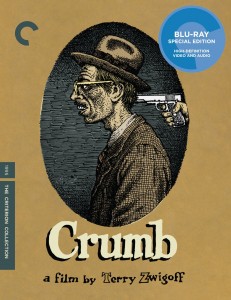




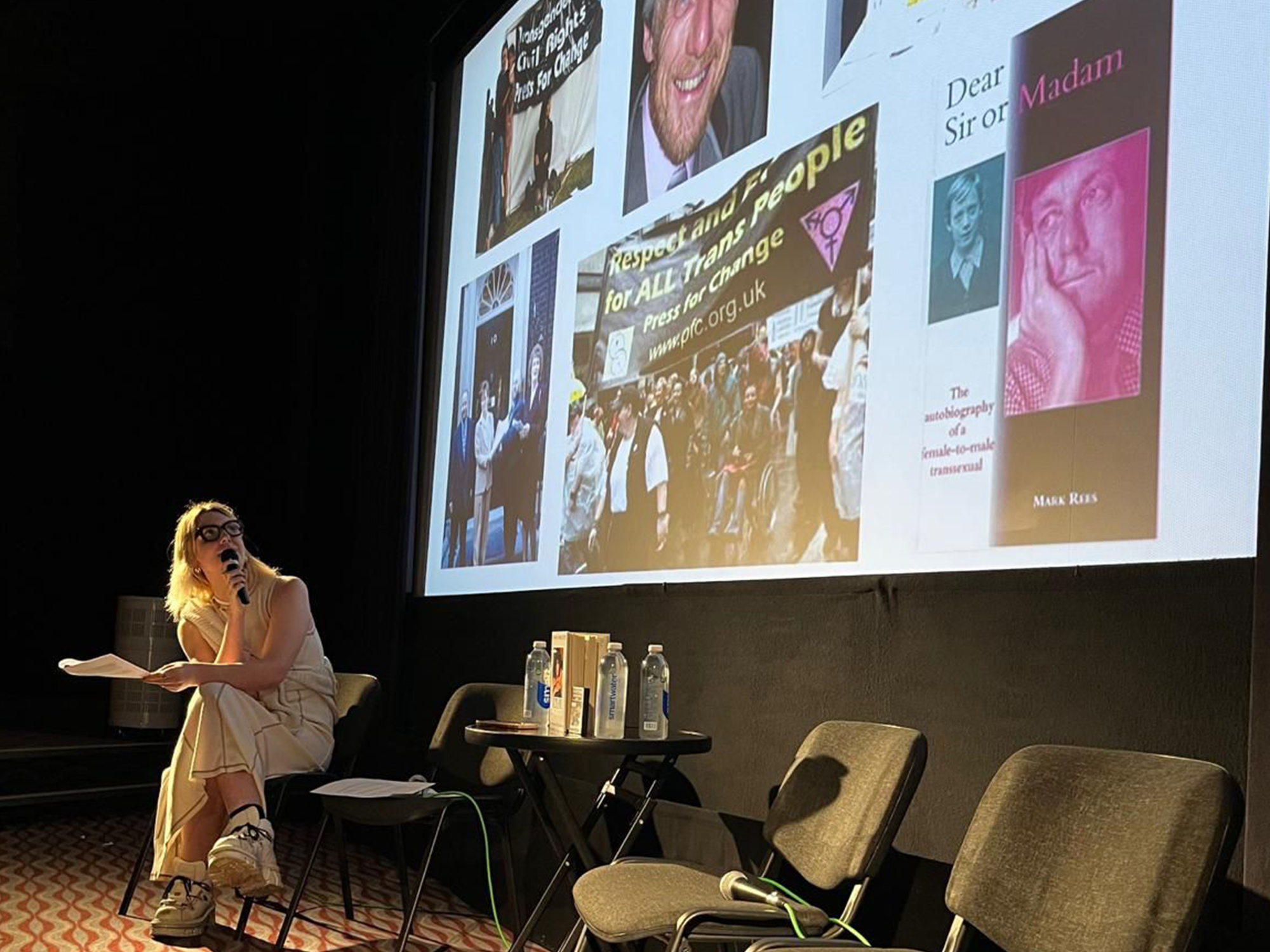













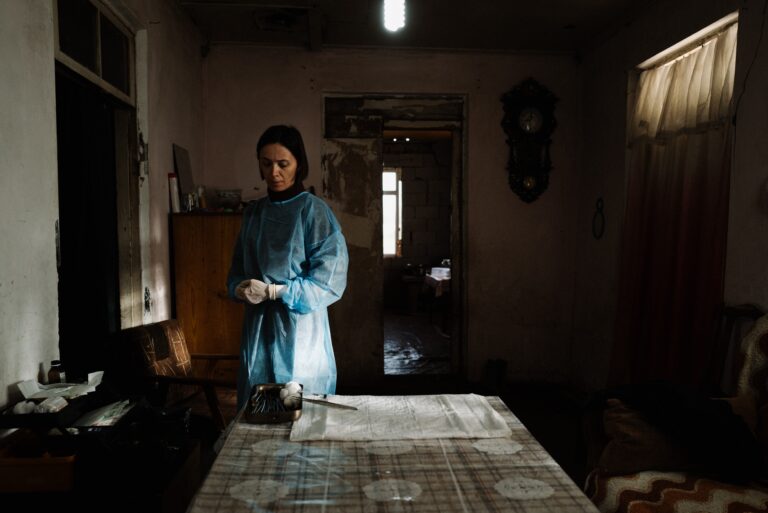
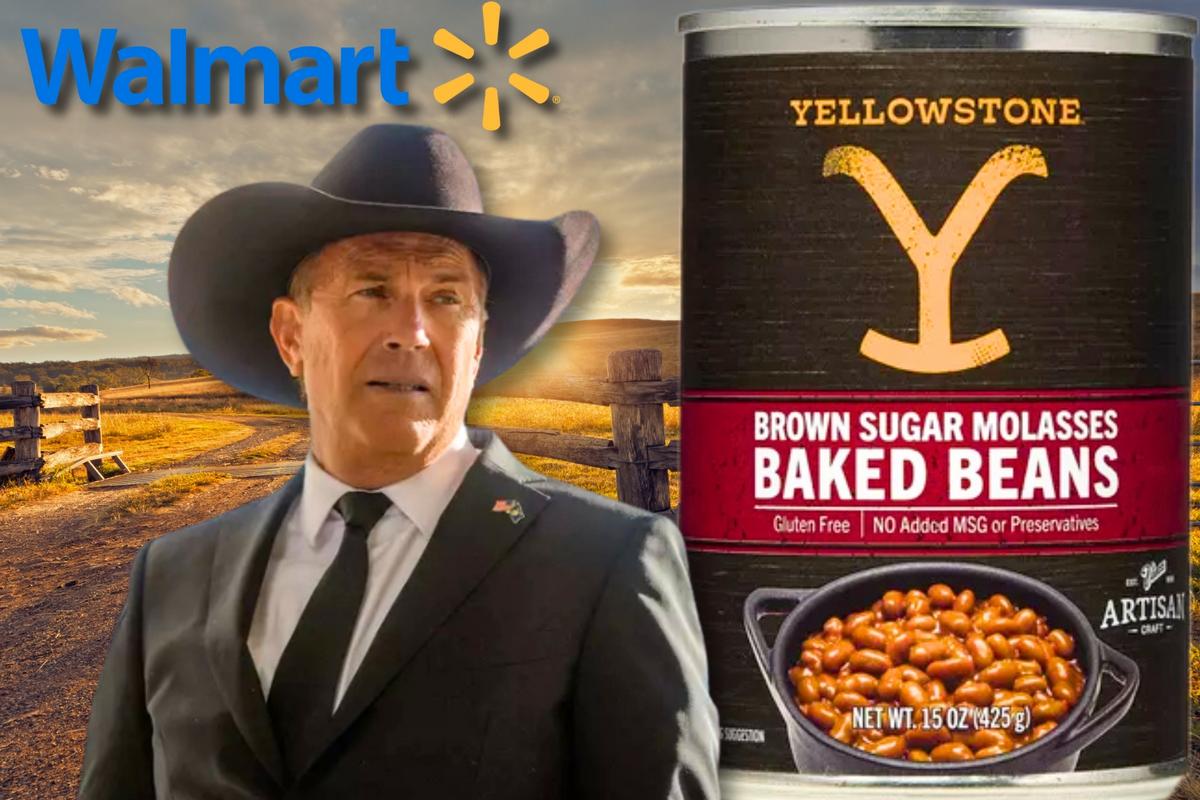

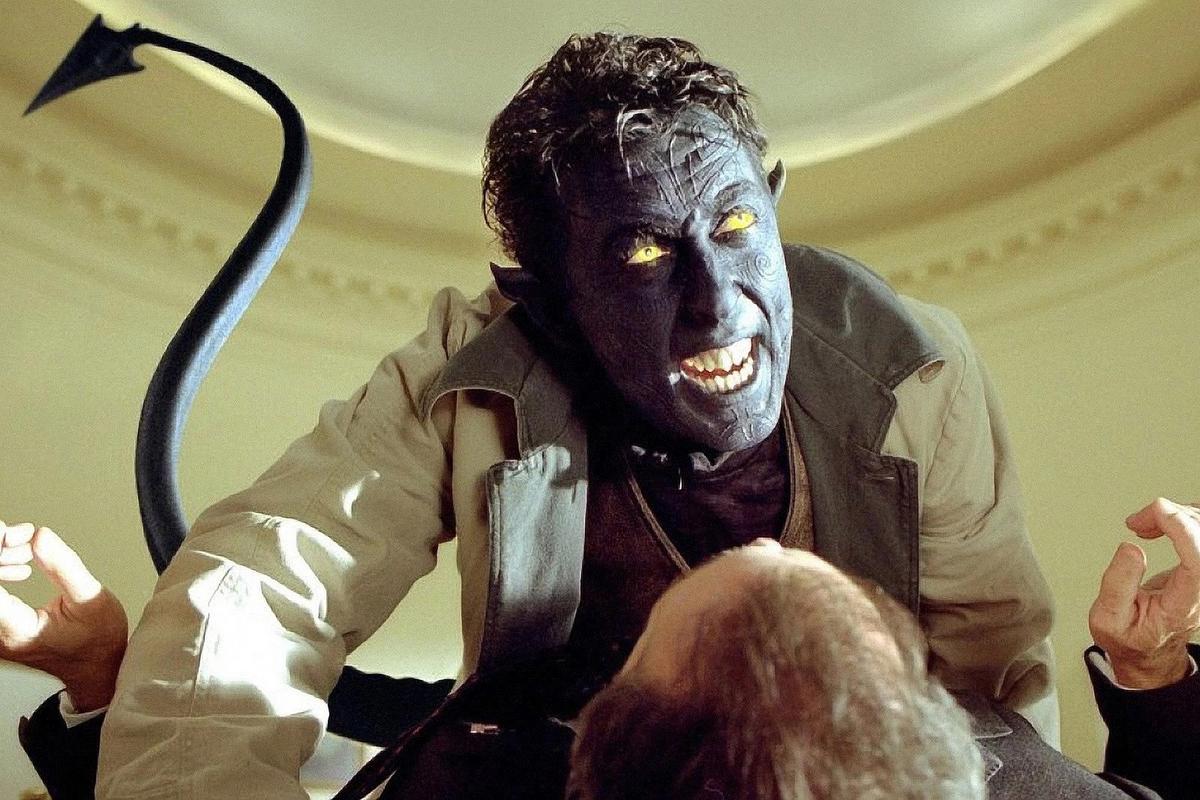





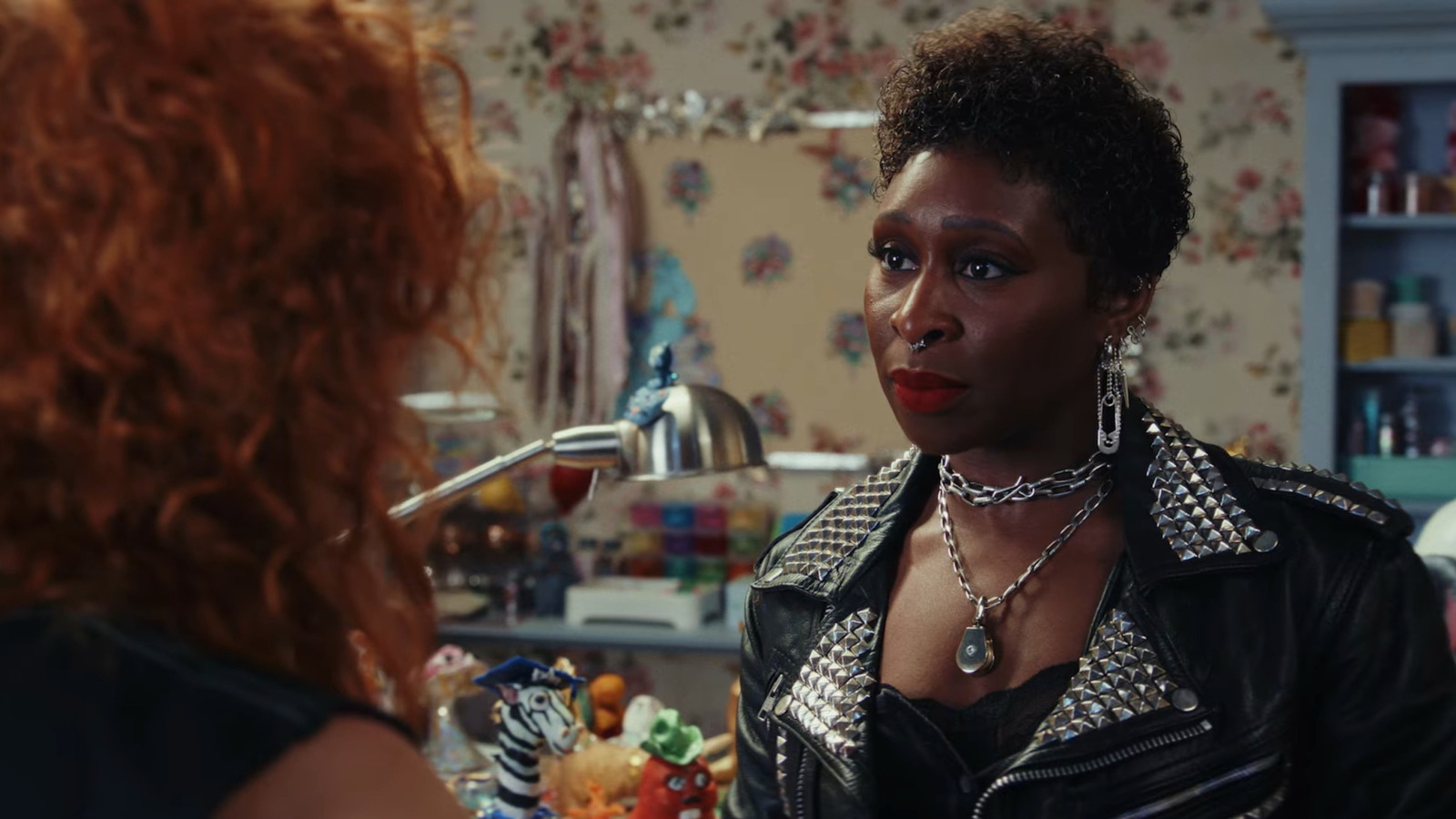
















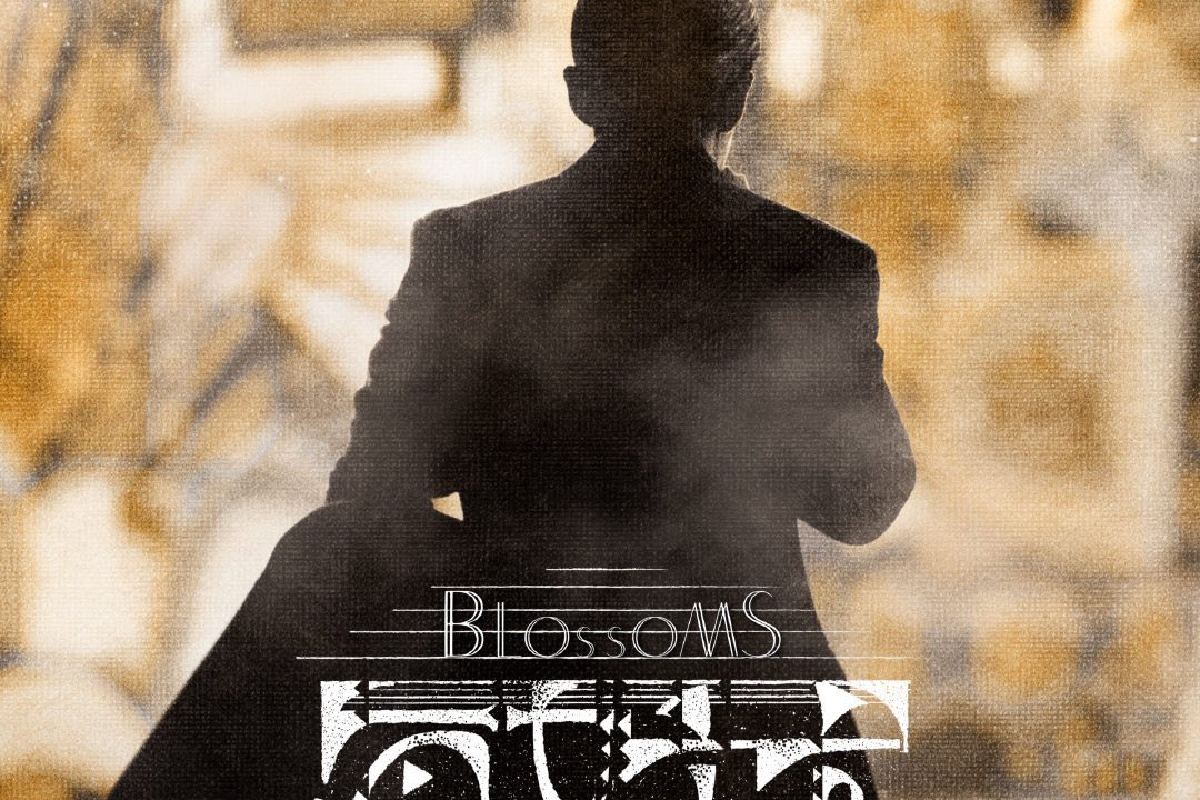
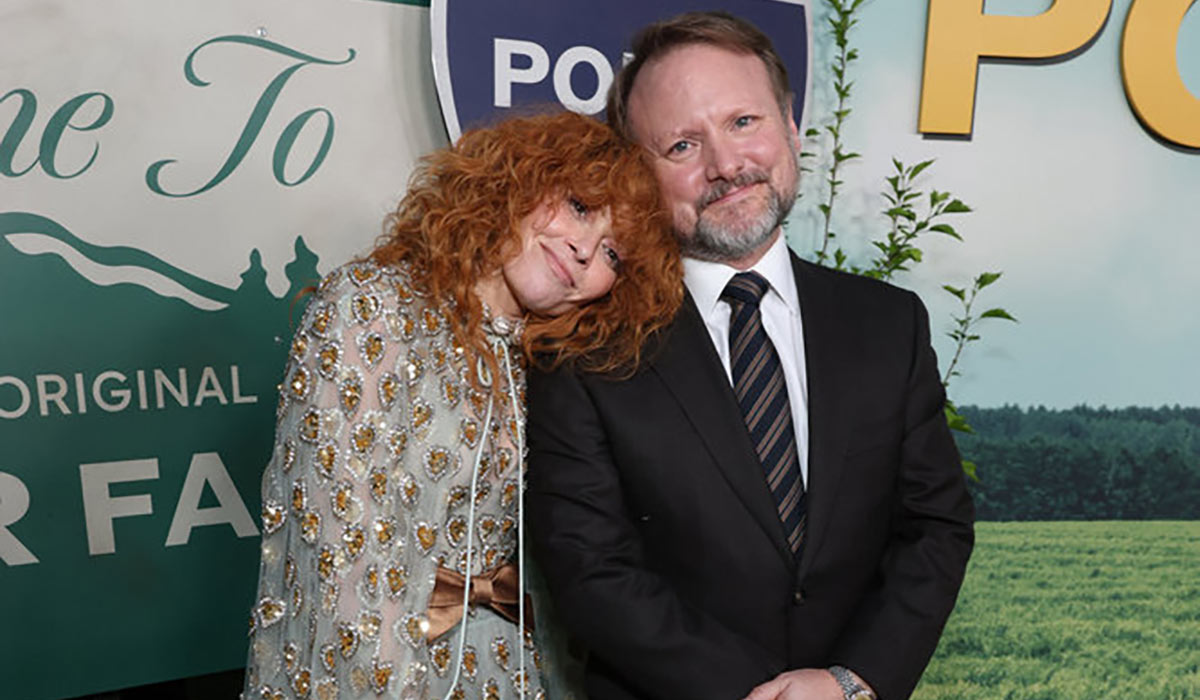


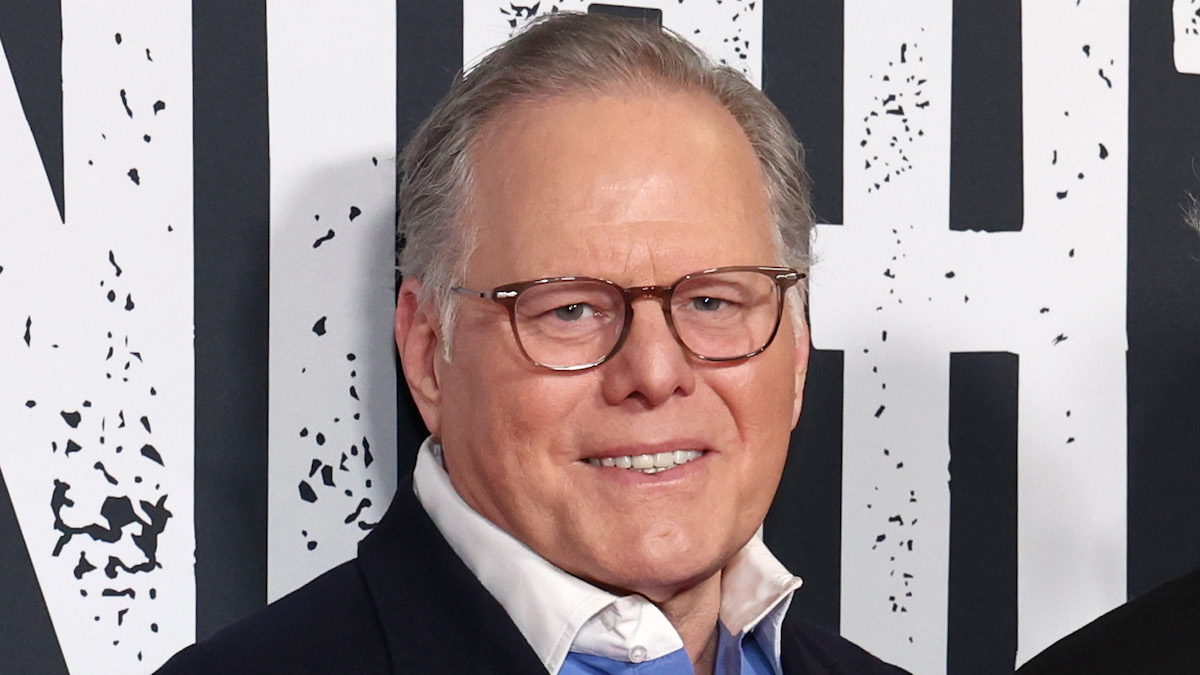

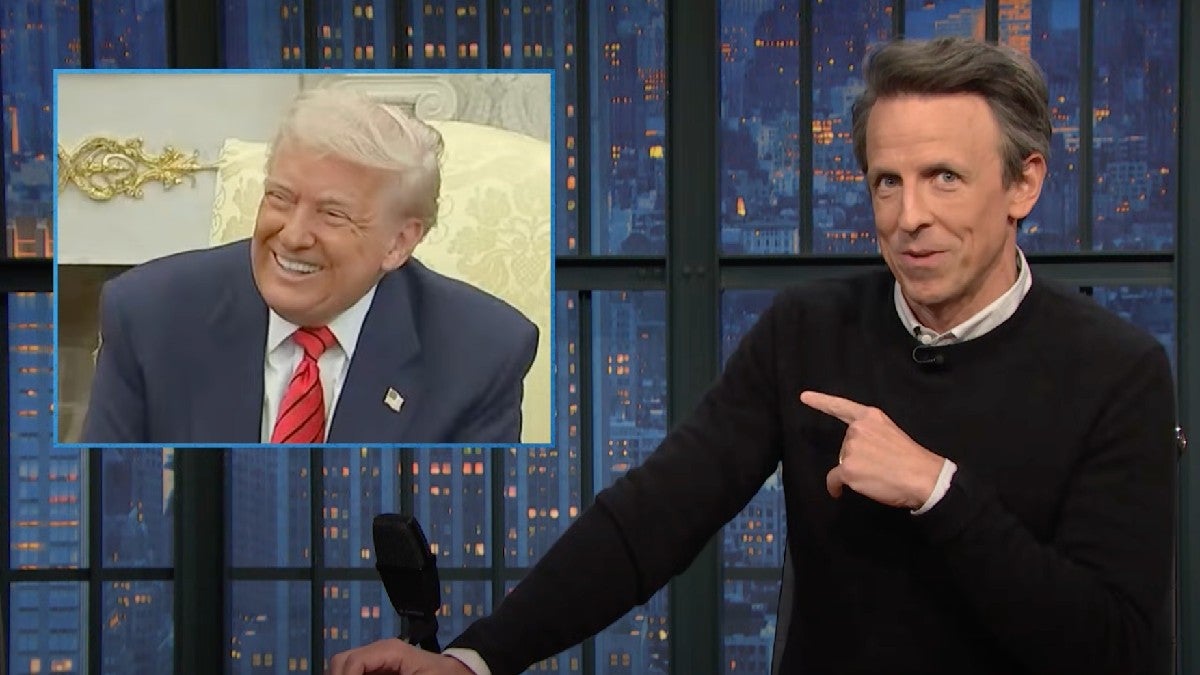


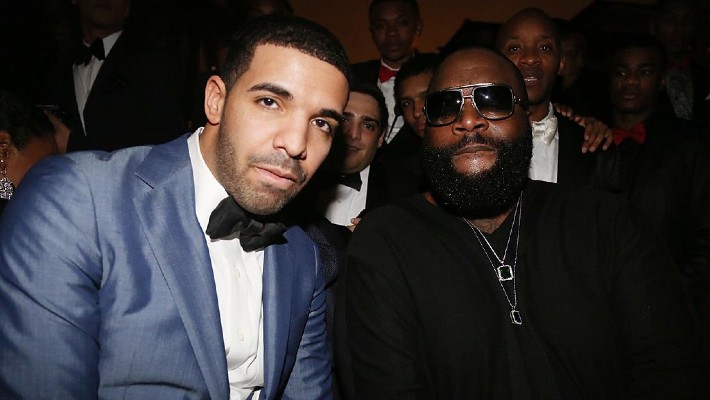


















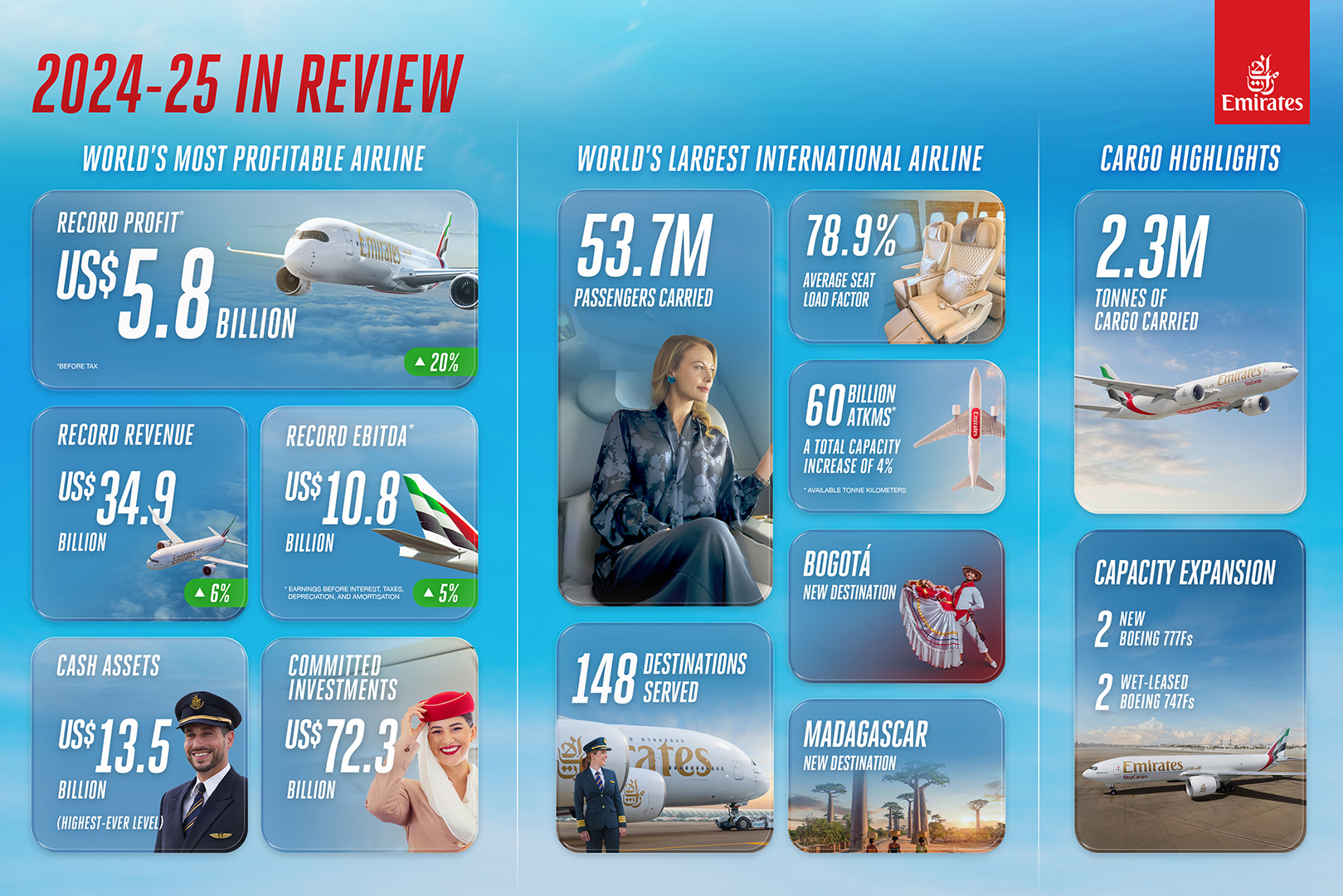














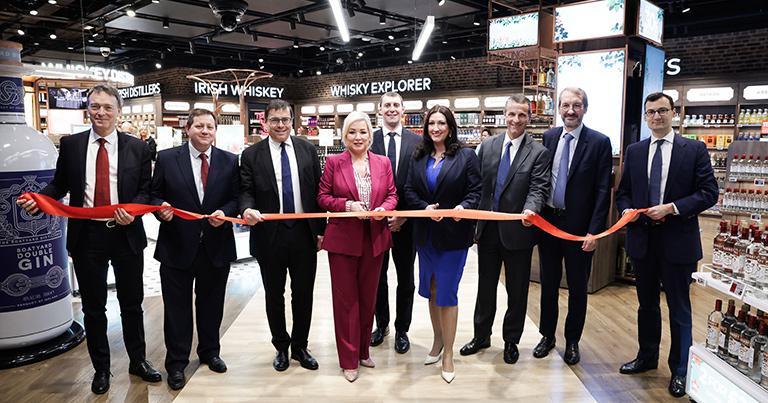

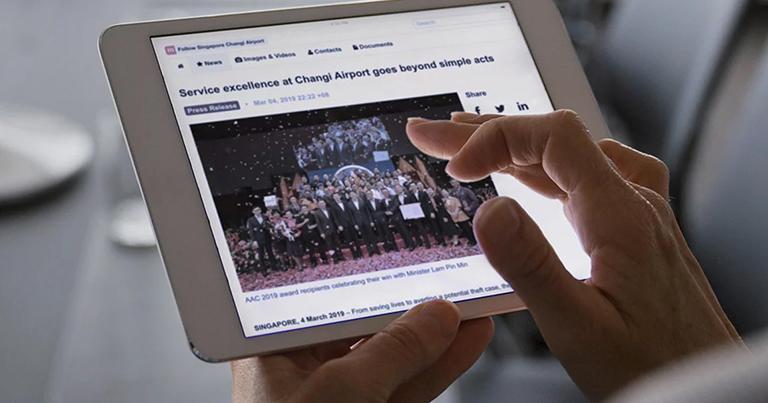
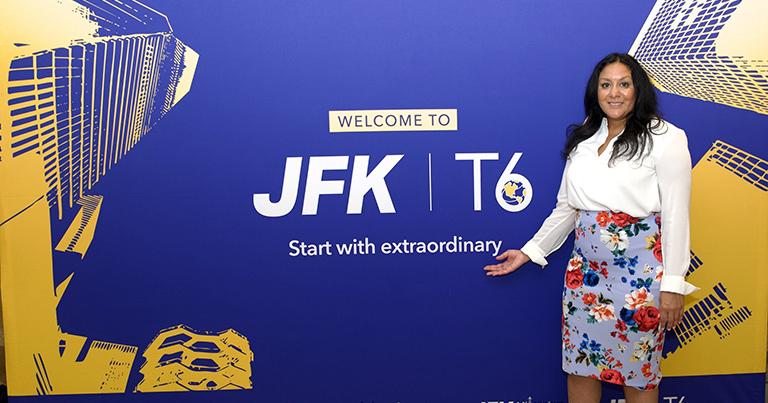


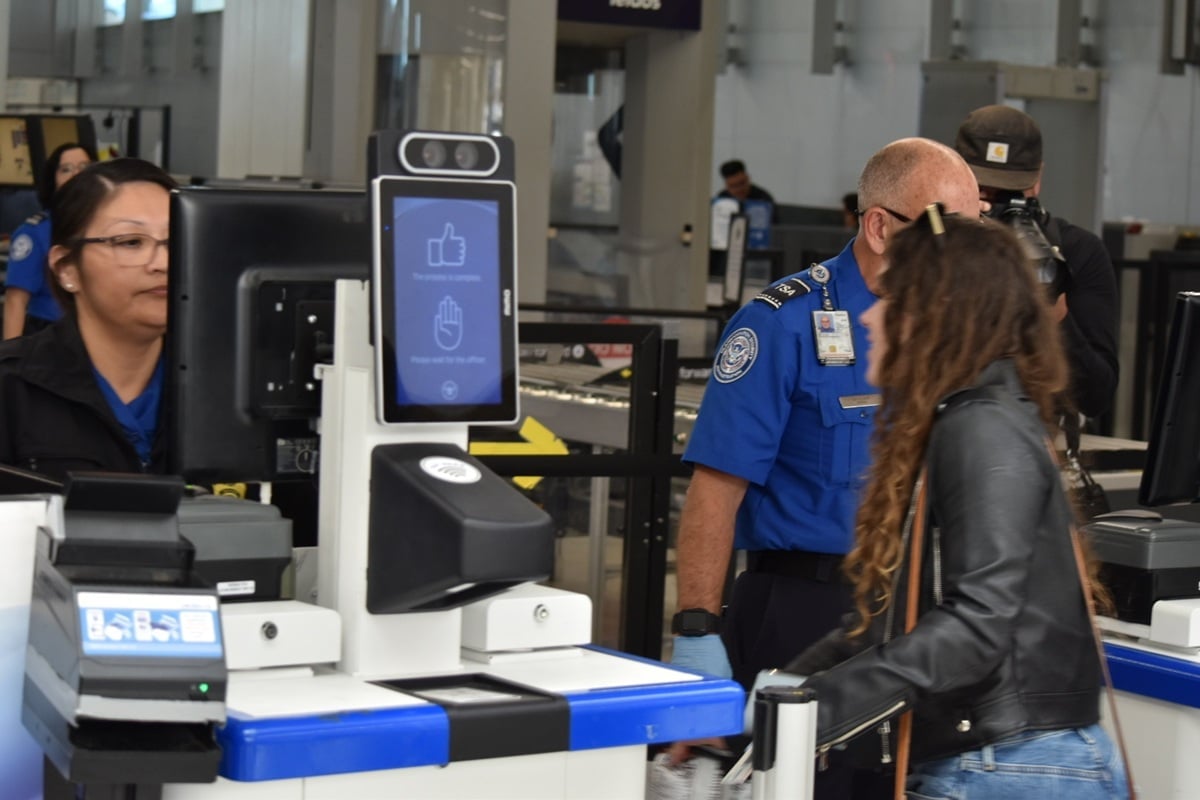


















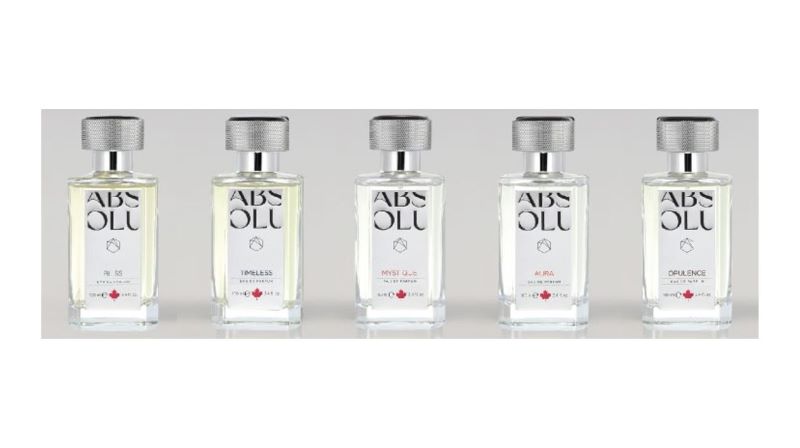




















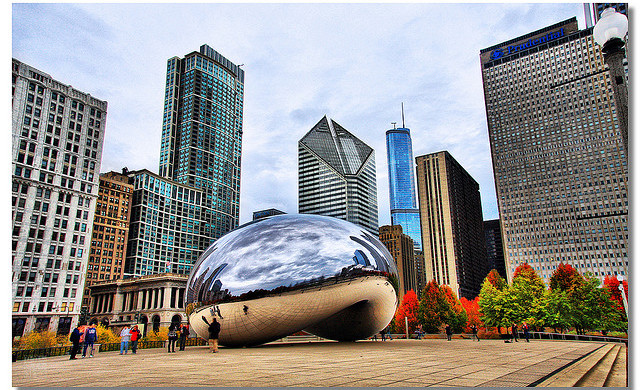
















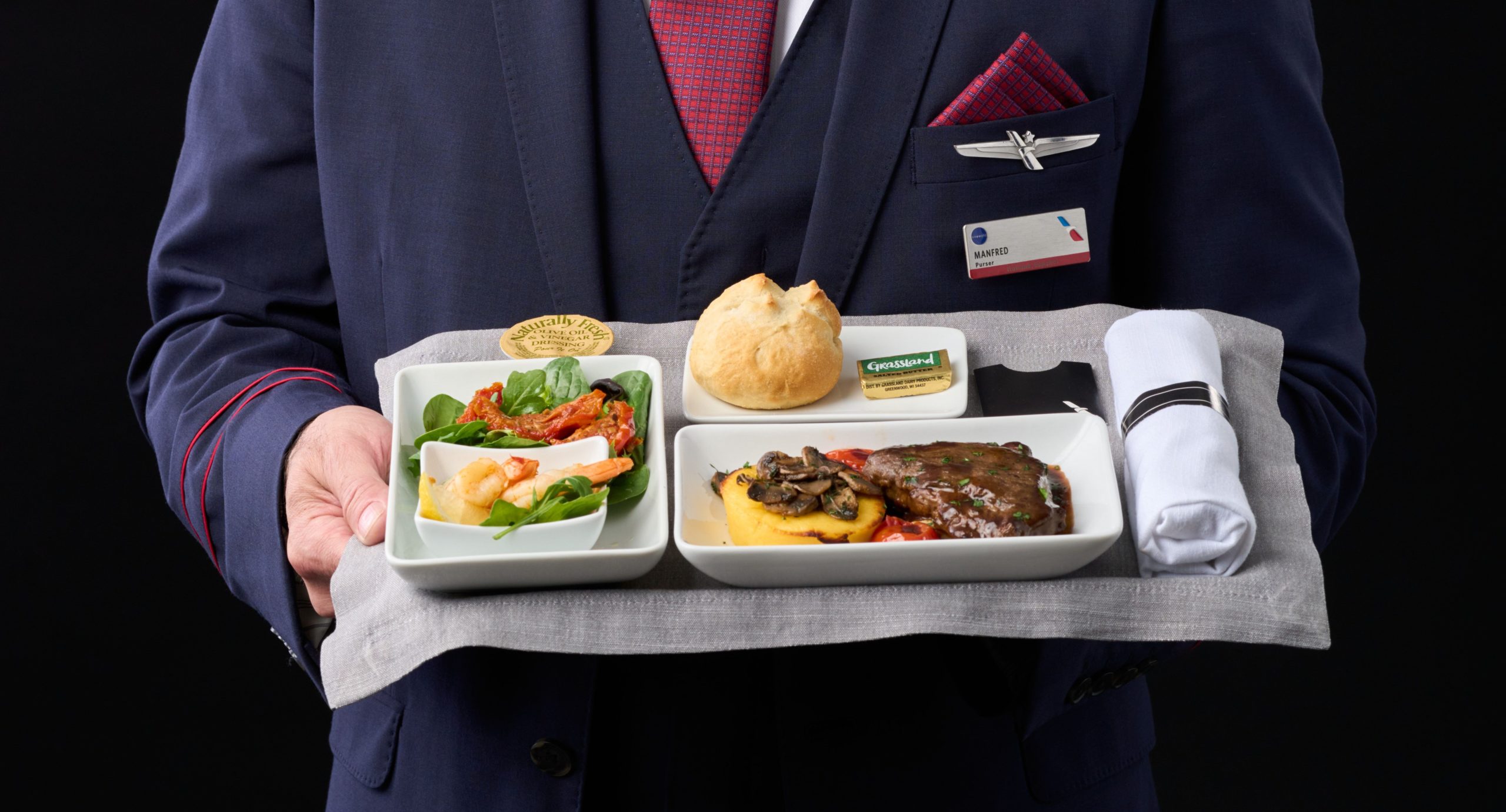





















-Nintendo-Switch-2---Reveal-Trailer-00-01-52.png?width=1920&height=1920&fit=bounds&quality=70&format=jpg&auto=webp#)



























































































































